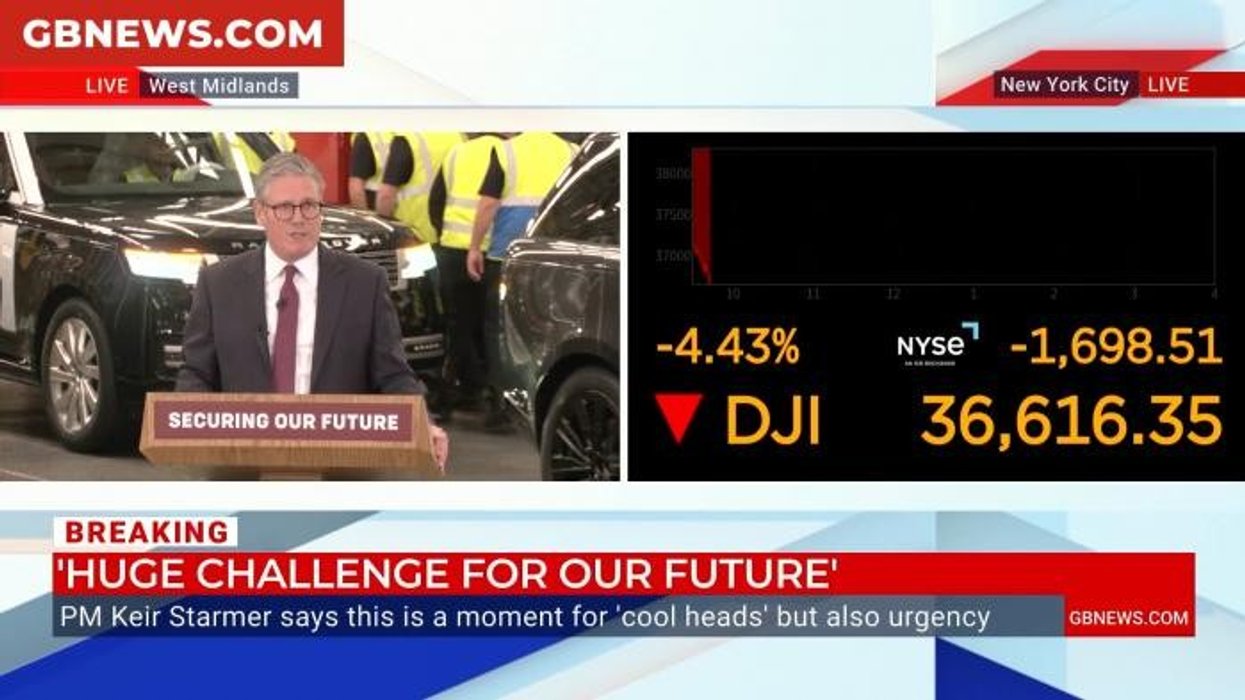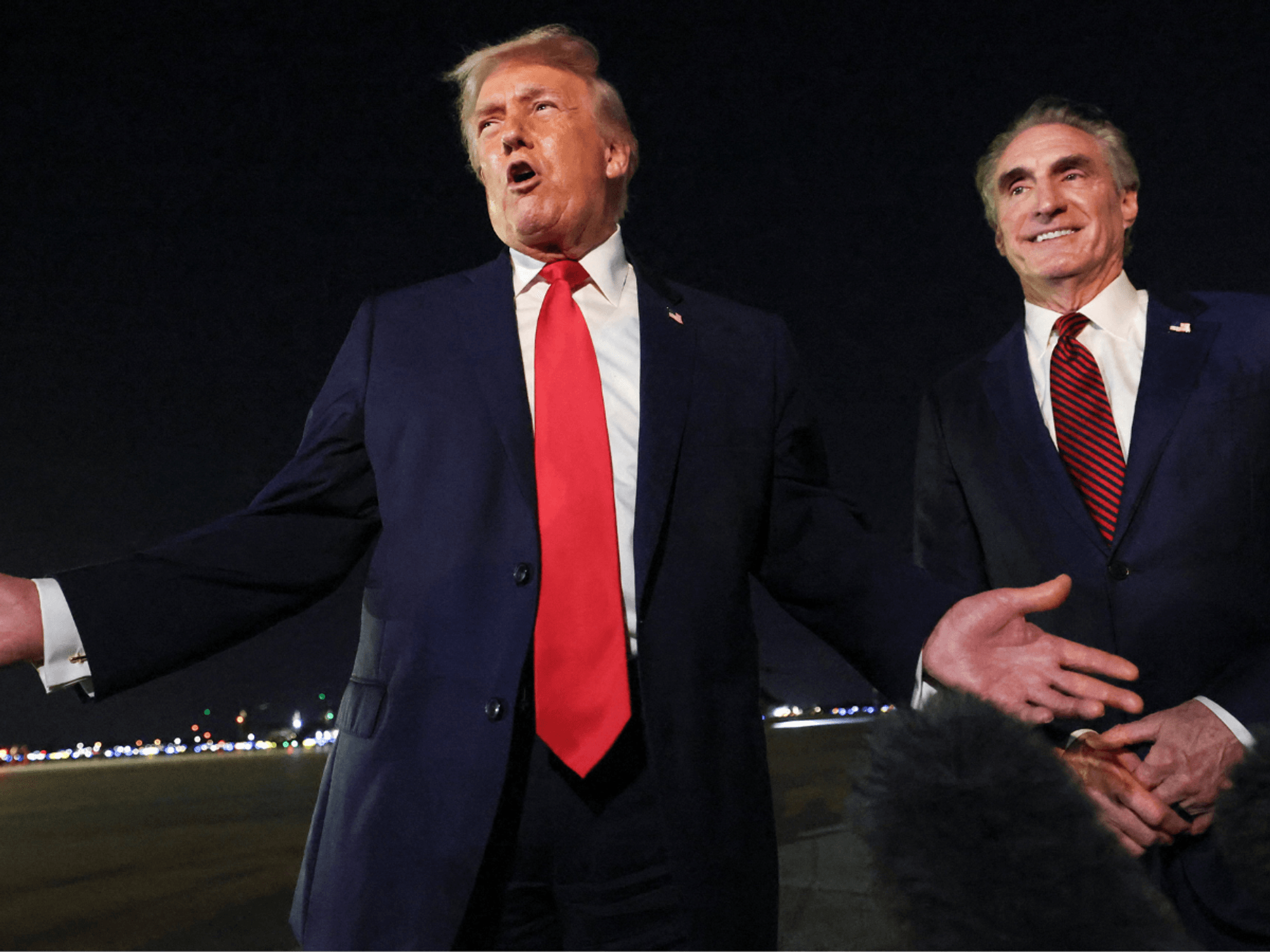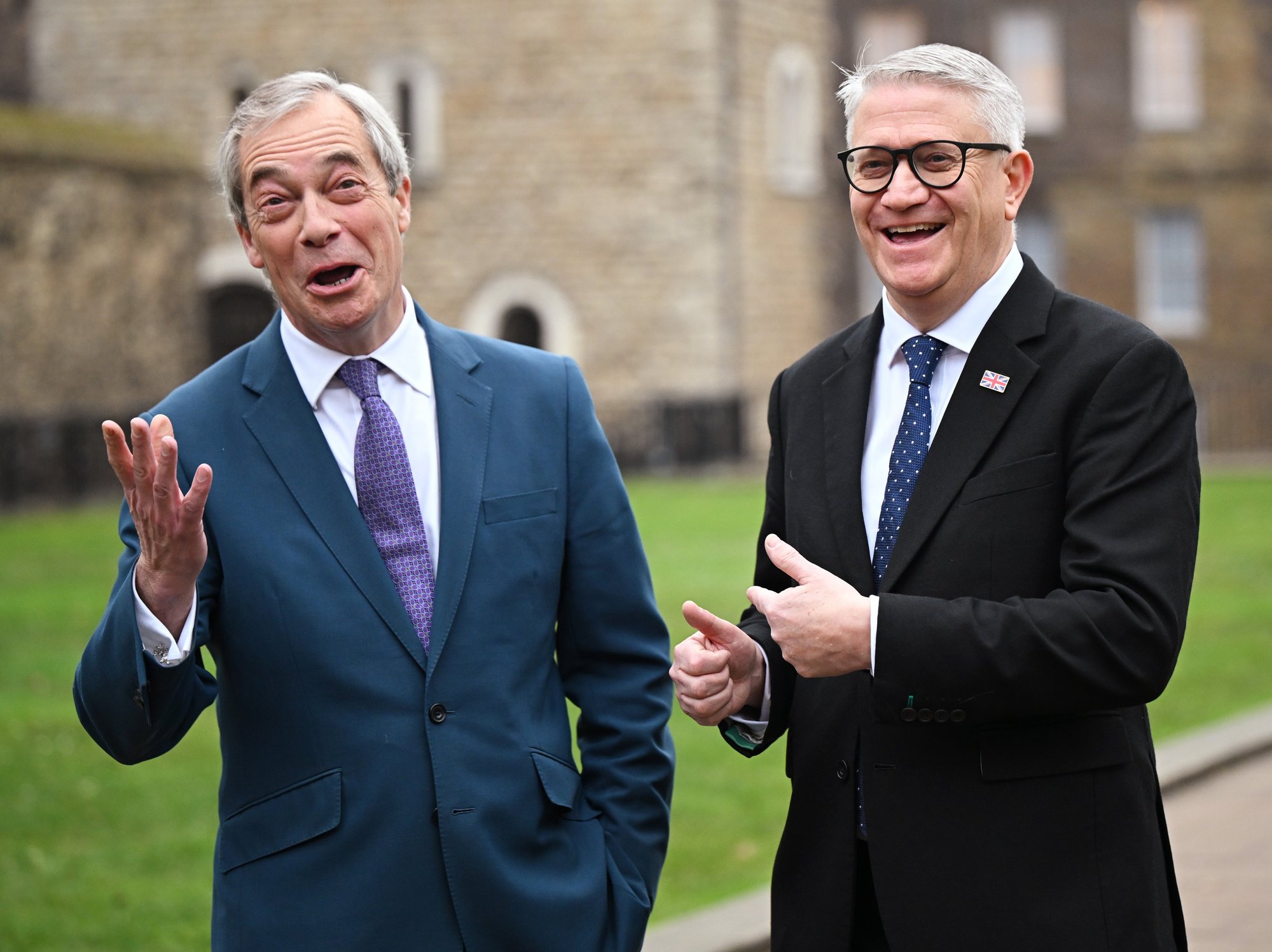British drivers send 'clear signal' in supporting electric cars as petrol and diesel sales 'nosedive'

'We need to listen to the market rather than pundits or politicians'
Don't Miss
Most Read
Electric and plug-in hybrid sales continue to improve as new research shows that petrol and diesel registrations plummeted last month.
Data shows battery electric car sales grew by almost seven per cent in April compared to last year, representing a strong market share of 20.4 per cent.
Following a bumper March, boosted by pre-tax benefits, 24,757 electric cars were registered in April, alongside 1,655 vans, 230 motorbikes and 16 battery electric HGVs.
In the year-to-date, battery electric vehicle sales remain strong, growing an impressive 31.6 per cent compared to the first four months of 2024.
Do you have a story you'd like to share? Get in touch by emailing motoring@gbnews.uk
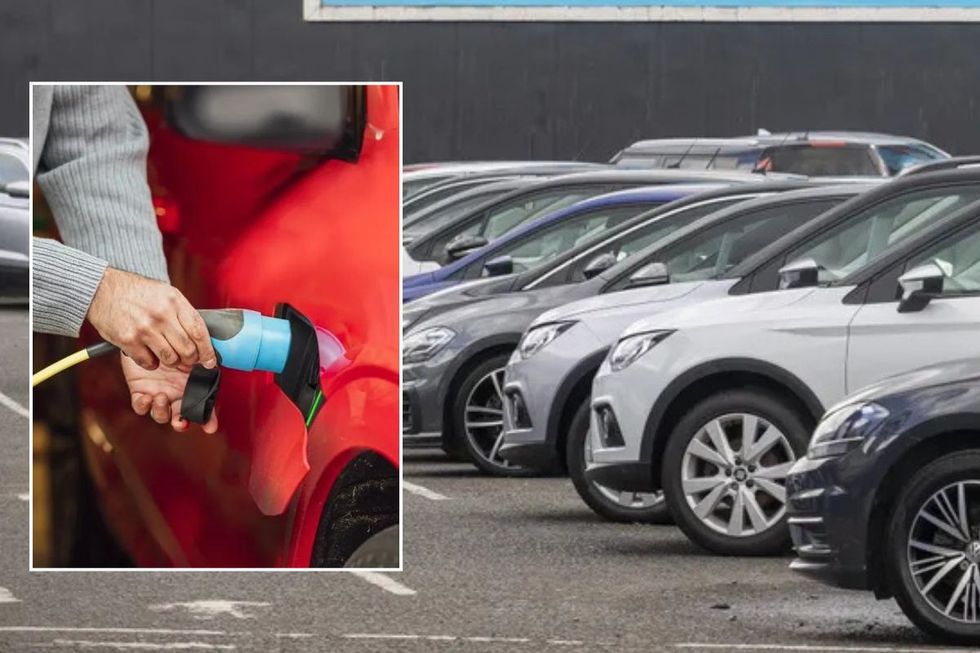
Industry experts were pleased with the uptake of new electric vehicles in April following a bumper March
|GETTY
This is despite instability across the car market as a result of changing Government policies and the global impact of President Donald Trump's auto tariffs.
New AutoMotive's Electric Car Count for April 2025 found that hybrid vehicles were the most popular, capturing almost a third of new car registrations.
Demand for new petrol cars dropped below 30 per cent, with industry experts highlighting a major shift in buying intentions for new vehicles.
Quentin Willson, founder of FairCharge, said: "In a week dominated by anti-net-zero press narratives and criticism of renewables by both Reform and the Conservatives, the stellar rise in EV sales in April suggests that on the ground, consumers are listening to a different narrative.
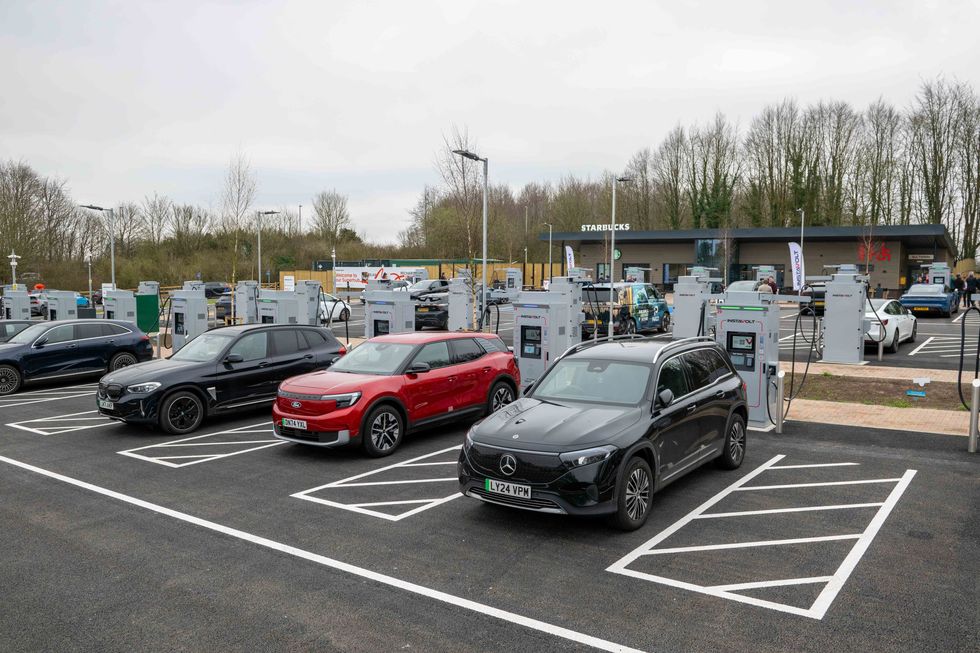
Sales of new electric cars peaked in March this year
| PA"Britain leads Europe in both EV sales and environmental thought leadership. The buying behaviour of consumers is a solid rejection of fossil fuel misinformation and a clear signal that the lower running costs, increased reliability and improved air quality from EVs is preferable to petrol and diesel.
"We need to listen to the market rather than pundits or politicians."
Similarly, Ben Nelmes, CEO of New AutoMotive, noted that the momentum of consumer demand for new electric vehicles was "undeniable" even at a time when people are managing their budgets more closely.
He added that electric vans "stole the show" last month as registrations doubled, while businesses turned their back on diesel vehicles as sales "nosedived".
Major players in the electric vehicle space, including Tesla, BMW, Mercedes, Volvo and MG, saw sales fall compared to last year, while other brands like VW, Skoda, Ford, Peugeot, Renault and BYD saw a boost.
The ECC also pointed out how far away some brands were from meeting the targets of the Zero Emission Vehicle (ZEV) mandate, with Nissan estimated to have a credit shortfall of -5,365, followed by Stellantis (-3,460), Ford (-3,183) and Hyundai (-2,806).
On the other hand, Polestar (9,555) and BYD (4,858) lead the way with a ZEV credit surplus, followed by BMW (2,551), Chinese brand Geely (2,336) and Volkswagen (1,499).
Major car brands will be able to buy and trade ZEV credits to avoid being slapped with fines worth £12,000 per polluting vehicle over the limit.
LATEST DEVELOPMENTS:
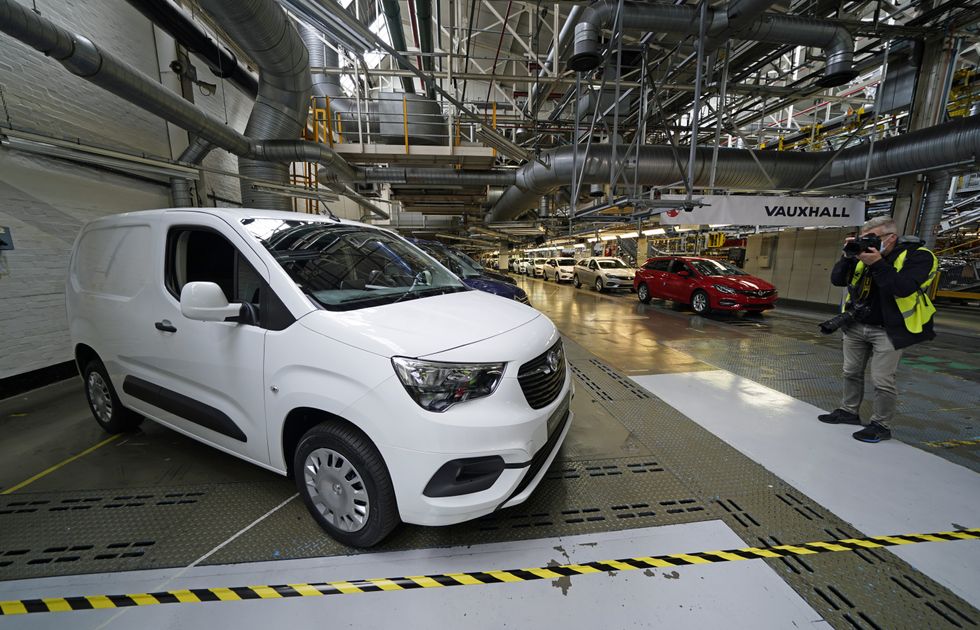
Experts specifically highlighted impressive sales totals for electric vans
| PAElectric Vehicles UK CEO Dan Caesar added: "Month after month, at least one in five new car buyers are now going battery electric.
"As the industry demonstrates that BEVs are the cheaper and better option - as shown in our Cost of Driving Electric report - more and more end-users will opt for all-electric vehicles.
“This trend is now extending to the used and commercial vehicle markets too, and with an array of even more affordable BEVs coming to the UK in H2 2025, zero exhaust emissions vehicles are set to overtake all other powertrains."


